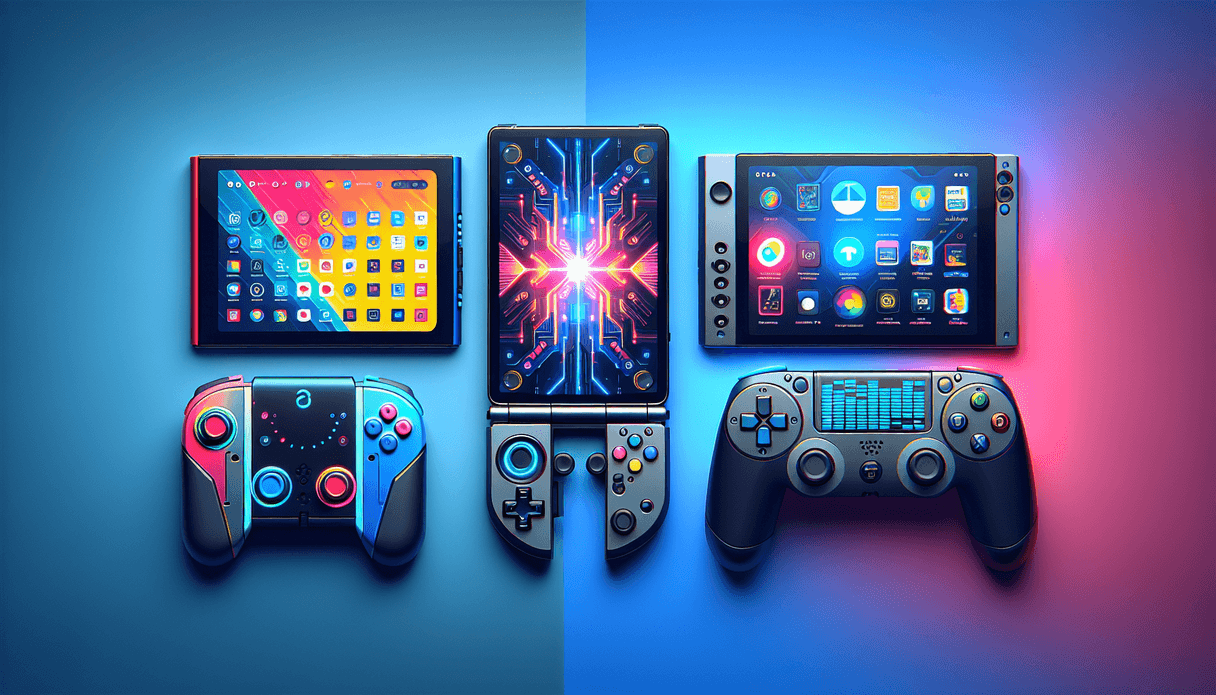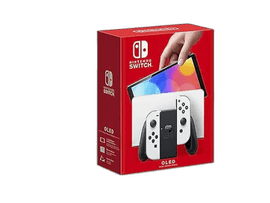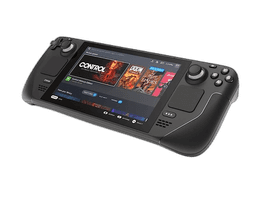When it comes to handheld gaming, two titans stand out: the Nintendo Switch OLED Model and the Steam Deck. Both offer unique experiences tailored to different types of gamers. If you're torn between these two, let's dive into the key features and attributes that set them apart.
The Nintendo Switch OLED Model is a marvel of portable gaming. Its 7-inch OLED screen delivers vibrant colors and deep blacks, making your gaming experience visually stunning. With enhanced audio and 64 GB of internal storage, it’s built for on-the-go gaming. The Switch excels in portability with a score of 9, thanks to its lightweight and versatile Joy-Cons. Battery life ranges from 4.5 to 9 hours, depending on the game, which is quite respectable. The Switch's game library is extensive, featuring a mix of first-party, third-party, and indie titles, earning it a perfect score of 10 in this category. However, its performance, while adequate, sometimes suffers from frame rate drops, scoring a 7. Priced at $346.00, it offers a balanced mix of features and affordability.
On the other hand, the Steam Deck redefines handheld gaming with its powerful hardware and access to the vast Steam library. Its custom AMD APU ensures smooth gameplay, earning it a performance score of 8. However, its 7-inch LCD screen and larger, heavier build make it less portable, scoring a 7 in this category. Battery life is more variable, ranging from 2 to 8 hours, depending on the game's demands. The Steam Deck shines with its game library, scoring a perfect 10, thanks to the extensive selection available on Steam. Display quality is good but not exceptional, with a score of 7. At $556.98, it’s a pricier option but offers robust performance and a vast game library.
In conclusion, if you prioritize portability, vibrant display quality, and a diverse game library, the Nintendo Switch OLED Model is your ideal choice. However, if you seek powerful hardware, extensive game options, and don't mind a bulkier device, the Steam Deck is worth the investment. Each console has its strengths, making your decision ultimately depend on what you value most in your gaming experience.




